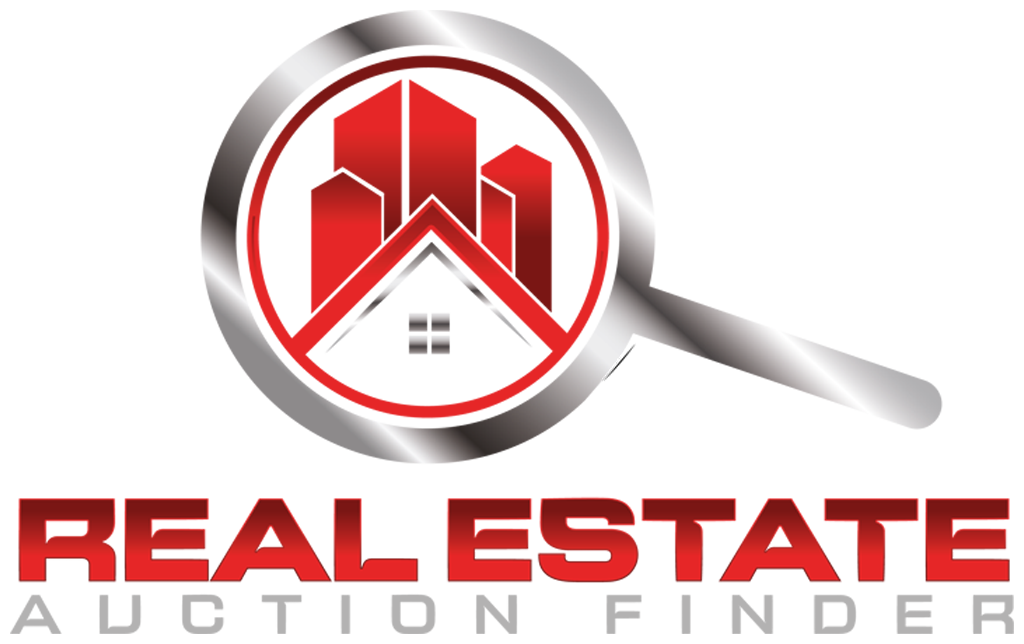South Carolina Counties
State Auction Process in South Carolina
South Carolina is a redeemable tax-deed State. In a redeemable tax deed, the actual property is sold after tax foreclosure, and then the former owner has one last opportunity to redeem the property by paying the delinquent taxes. If the taxes aren’t paid, the investor becomes the owner.
South Carolina Law provides a mechanism for your County Tax Collector to seize and sell real estate to collect unpaid county taxes owed by the landowner. Under this statute, seized real estate can be sold by the Delinquent Tax Collector in a public auction. The high bidder at the auction will receive a deed from the Delinquent Tax collector, provided, however, that the taxpayer has not redeemed the property by paying the taxes (and other penalties) in full within one year of the sale. The Deed that the highest bidder receives is often referred to as a “Tax Deed”
Minimum bids in South Carolina are based on the amount of delinquent taxes, interest, penalties, and fees owed on the property. All sales are handled by the tax collector’s office and usually take place at the courthouse during the fall months. On-site bidding is generally required, but it is possible to send an agent to bid on your behalf. The auction follows a standard process where the highest bidder becomes the winning bidder.
In South Carolina, there is a one-year right of redemption, during which the delinquent taxpayer can redeem the property by paying the total amount due plus interest. If the property is not redeemed during the one-year period, the deed is recorded, and the new owner is required to pay nominal recording costs. For investors or owners with redeemable deeds, if the property is redeemed, the total amount paid for the property plus interest is returned.
To find specific information about tax sales in a particular county, visit the tax collector's website and look for the tax sale section. The website will provide tax sale lists and comprehensive information for each county.
Foreclosure Process in South Carolina
In South Carolina, lenders may foreclose on a mortgage in default by using the judicial foreclosure process.
In South Carolina, the property is generally sold in the following manner:
- Notice of sale: A notice of sale containing a description of the property, the time and place of sale, the borrower’s name and the lender’s name must be published at the courthouse door and two other public places at least three weeks prior to the date of sale. The notice must also be published in a newspaper of general circulation within the county where the property resides for the same time period.
- Foreclosure Sale: Unless otherwise ordered by the court, the sale must be conducted at the courthouse where the property is located by the sheriff of said county. The sale must be held on the first Monday of each month, unless it is a holiday, in which case it may take place on the following Tuesday. The sale may begin at 11:00 am and go until 5:00 pm, but the sheriff may close the bidding prior to that time.
- Upset bidding: Despite the fact that the bidding at the public sale has ended, in South Carolina, the auction actually stays open for a full thirty days after the date of the public sale. During this thirty-day time period, anyone may place a bid higher than the last bid amount, and the successful purchaser will be the one with the highest bid at the end of the thirty days. This ongoing bid process is referred to as upset bidding. Anyone, other than the successful purchaser, who has placed a bid during this time, will be entitled to a refund of any deposit made in good faith and he or she will have no further interest in the property.
- Final sale: If no objection to the sale price of the property has been filed with the sheriff’s office within three months after the date of sale, the sale will be considered confirmed and the sheriff will make any necessary deed endorsements.
Lenders in South Carolina may file for a deficiency judgment against the borrower and borrowers have no rights of redemption.
What is a deficiency?
It’s the difference between the amount obtained at foreclosure and the amount owing to the lender. For example, if the homeowner owes $200,000 but the lender sells the property at the foreclosure sale for only $180,000, the homeowner would owe $20,000 as a deficiency.
Quick Facts
– Judicial Foreclosure Available: Yes
– Non-Judicial Foreclosure Available: No
– Primary Security Instruments: Mortgage
– Timeline: Varies
– Right of Redemption: No
– Deficiency Judgments Allowed: Yes
Online Auction Resources
- GovDeals – South Carolina Auctions
- Bid4Assets
- Xome
- ServiceLink Auction – South Carolina
- Hubzu
- RealtyBid
- Williams Auction
- HUD Homes USA
- Bank Foreclosures Sale
- Treasury Auctions
- South Carolina Surplus Online Auctions
- LandSearch – South Carolina Auctions
- RealtyTrac – South Carolina Foreclosure Auctions
- MPA – Real Estate Auctions
- GovDeals
- Terry Howe Auctions
- Auction Expert


